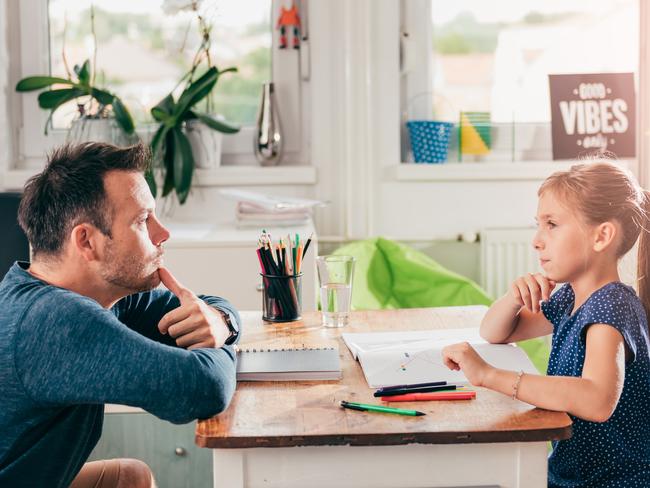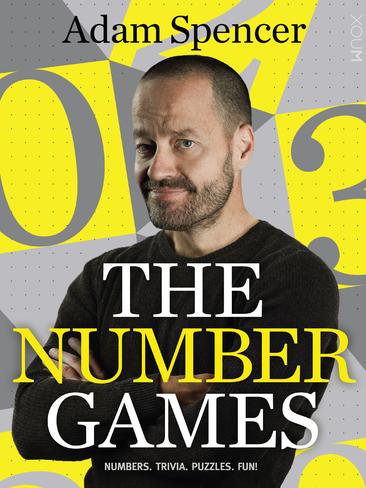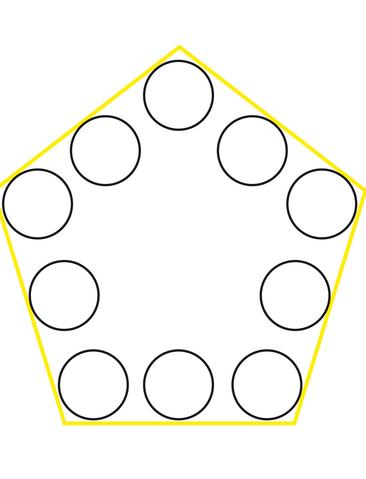Are you smarter than a 10-year-old?
MATHS whiz Adam Spencer will test the intelligence of grown-ups and kids alike with his 12 Puzzles of Christmas. Try out today’s first riddle.
TODAY we launch my “12 Puzzles of Christmas”.
A daily riddle, taken from my new book The Number Games, designed to get your grey matter firing in the lead up to the festive season.
Let’s kick off our 12 days of Christmas conundrums with a cracking problem taken from the 2016 International Singapore Mathematics Competition.
The ISMC is an awesome initiative to get primary-aged schoolkids into maths and problem solving.
Having said that, to be honest, a lot of these questions aimed at 10-year-olds will get adults thinking pretty hard!
And if you think you’ve unlocked today’s puzzle with ease, don’t get too far ahead of yourself.
I’ll be back tomorrow with a real brain buster from the same primary school quiz!

PUZZLE ONE
There are 4 keys and 4 locks. What is the maximum total number of unlocking attempts you need to try so as to be guaranteed to have matched all 4 keys to their locks?
A. 4
B. 6
C. 10
D. 16
Being the first day of our 12 Puzzles of Christmas, I’m happy to give you a HINT here.
The question is asking what is the ‘maximum’ number of attempts you need before you have matched all keys with their locks.
Two things; firstly, try and act out the scenario where you are as unlucky as possible in randomly matching keys to locks. But secondly, notice that if you’ve tried all the keys but one on a lock and they’ve all failed, you don’t have to try the last key because you know it must be the one.
Happy unlocking!


ANSWER:
Think about the unluckiest you can be in trying keys and locks. Pick up the first lock. The worst case scenario is that the first 3 keys you try all fail on the lock. If you unsuccessfully try 3 keys on the first lock, you will know that the fourth key is a match. So you don’t need to try that fourth key, you only need a maximum of 3 attempts. Once you’ve matched that key to its lock, you have 3 locks and 3 keys left. So, the second lock needs a maximum of 2 tries, and the third only needs one. Once you’ve matched the first 3 locks to their keys, the remaining key obviously goes in the last lock. So there are, at most 3 + 2 + 1 = 6 tries needed to match all 4 locks to their key.
Adam Spencer’s book The Number Games is available now from all good bookstores or visit www.adamspencer.com.au.



